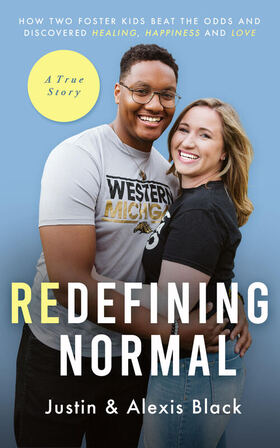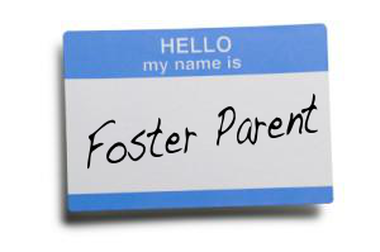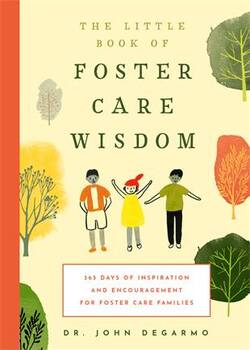
We escaped CPS to squat in an abandoned house. My sister was pregnant and my brother was preparing for a child at 14 years old. It gave us hope that my dad promised to restore the abandoned house we lived in. I dreamt of my dad fixing up our house and creating a resurgence within the neighborhood. Unfortunately, the bad influences of the community only worsened my mom’s drug use. My dad continued
selling drugs and addicts throughout the neighborhood regularly showed up at our house.
Michigan winter began and the Detroit winds became brutal. Without running water, we had to scoop snow off of the ground, carry it inside in buckets, and wait for it to melt to use as makeshift showers. Without a bed, we regularly piled up clothes to sleep on to avoid feeling the wood and sharp nails sticking out of the floor. To this day, the
smell of gasoline recalls those gasoline heaters we used to warm our dinner in abandoned housing.
My dad had been making excuses for months of why he couldn’t fix the house and
resorted to hiding from CPS. I began to lose faith in my parents. We did our best, but
my parents had no choice but to let us go.
One month later, I entered foster care as the youngest of five siblings. The feeling of
having my parents let me down was the beginning of my mental health issues. Filled
with anxiety I thought, “If I couldn’t trust my parents, I reasoned, who would I be able to trust?”
I entered into the system buried in emptiness. I was alone and afraid.
Though I had experienced homelessness, neglect, and living in abandoned housing in
my childhood, five years later my sense of loneliness would take a turn for the worse.
March 15th, 2011 would haunt me for many years to come.
I was in the seventh grade when I was walking home from school and brutally
attacked by three high school students, having a brick slammed into my teeth.
I ran into a random McDonald’s, asking anyone who would listen to call the
ambulance. People stared, covering their mouths in shock. I tried to remain calm.
Gasping, I dragged myself to the counter. All eyes were on me, but no one was
offering to help. People seemed paralyzed by shock, which only made me more
frightened of what had happened to me.
I vaguely noticed that blood was pouring out of my mouth, and that this made it hard
to speak. Finally, the cashier came from behind the counter and handed me a warm
wet rag. Once I looked down to grab it, I noticed the blood all over my coat, my
hands, and even the cashier.
In the ambulance, it was confirmed that I had lost six teeth, four of them partially
gone and the front two completely knocked out. Later on, I found out that a part of
the bone structure underneath my nose was damaged and partially gone as well.
Every day after school I was forced to walk to the bus stop, next to the McDonalds
where I lost my teeth. Every day after school I saw my blood sitting in the McDonalds
parking lot on my way to the bus stop. As I waited for the bus, I relived the incident,
every single day. Walking past the spot where I lost my teeth, I noticed pieces of
broken teeth in the parking lot that were probably mine. Walking home from school
was never the same.
Weeks later the Mcdonald’s cashier who comforted me during the incident came out
to the bus stop to check on me. She asked how I was doing and how I was handling
things. Sometimes the small things mean so much. She couldn’t have had any idea
what I was going through. The amount I was dealing with. She didn’t know that I felt
alone and was deeply depressed. In only a few minutes, she made my day and
made me feel loved. Something I had been unfamiliar with for most of my life.
Many Black communities have been deprived of information on positive ways to
maintain or improve mental health. Society has put a dollar value on mental health
and if you can’t afford a counselor, then you’re out of luck. Of course, mental health
support and the stability it offers help pull impoverished communities away from the
brink of destruction. Many impoverished Black communities have little if any access
to information about mental health.
Anxiety and depression are swept under the rug in Black communities, usually going
unnamed and unaddressed. Because I grew up in a household that lacked any
knowledge of how to resolve conflict healthily, I almost became a product of this
system. It wasn’t until I took advantage of the resource of counseling that I learned
how generational cycles could be reversed and how to disrupt the path of brokenness
set for Black communities.
-Justin Black
Learn more about how you too can redefine your normal in our new book Redefining Normal: How Two Foster Kids Beat The Odds and Discovered Healing, Happiness and Love available now at re-definingnormal.com and on Amazon beginning November 9th, 2020.





 RSS Feed
RSS Feed